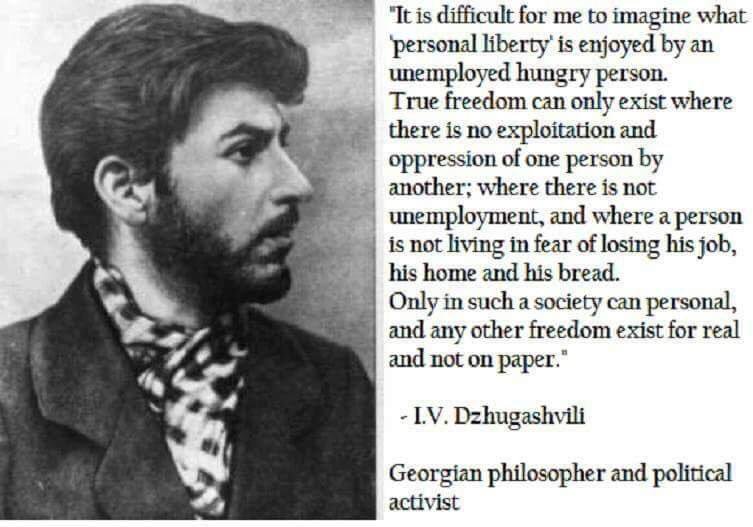Wrong: The state space is combinatorially complex.
Theorem: We can bound the performance of the optimal policy even though we can't characterize it. (Akbarpour, Li, & Oveis-Gharan 2019)
Wrong: in so many ways.
Theorem: No OSP mechanism for top trading cycles. Thus, OSP and weak group strategy-proofness are not equivalent. (Li 2017)
Wrong: There are many others.
Theorem: (under some assumptions) only first-price auctions are credible and static. only ascending auctions are credible and SP. (Akbarpour & Li 2019)






